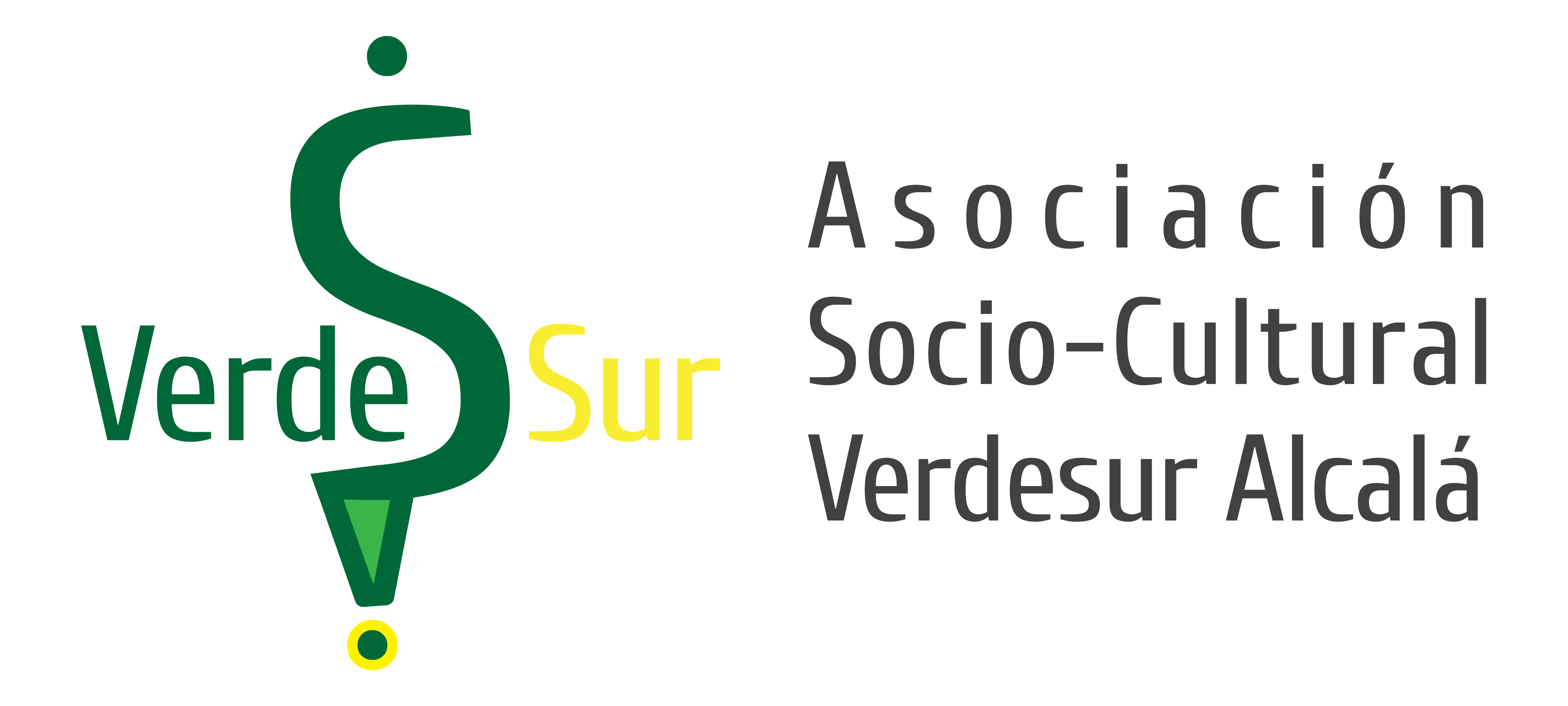Participation is in continuous formal change, moving from conventional forms to unconventional forms, and the need for youth participation is key, since youth is more in favor of choosing unconventional forms of participation and speaking out on issues that they consider important in the current era within society. Furthermore, due to the main tools of social media and Internet technology used by young people, participation is changing its dimension and young people are moving away from the usual participation practices, and every day the participation of young people is decreasing. voters in elections in the EU and around the world, which is irrefutable proof of this movement of political absenteeism. One example of this voter turnout was that it never exceeded the 61.99 percent recorded in the 1979 EU elections, and voter turnout decreased in all subsequent elections to reach the low of 42 , 61 percent in 2014.
Furthermore, there is an enormous benefit to both parties, allowing young people to be responsible for decision making; by including young people in decision-making processes. Young people are the owners of their own lives and their own needs and can bring unique perspectives during the formation of policies related to this same youth. Therefore, meaningful youth participation in local governments will enable decision makers to make wise decisions using information, ideas and solutions provided by youth that may not have been seen or considered before.
Increasing youth participation in the local policy-making process will improve the quality and adequacy of youth-related service delivery, activities and policy development. In summary, the participation of young people in the development of these programs will increase their participation and will make the services provided by non-governmental organizations more attractive to this social group, as well as the cooperation of municipal organizations with non-governmental organizations. of youth.
The specific objectives of the project are:
- Increase the knowledge of youth workers about participatory methodologies and unconventional forms of youth participation;
- Increase dialogue and develop synergies on democratic principles and mechanisms in the EU and EPI countries;
- Promote participatory democratic mechanisms among young people;
- Train youth workers to transfer knowledge in the field of democracy and participation
- Involve youth by promoting different forms of participation through local events developed during the project;
- Develop associations in the youth field to promote democracy and youth participation
Project was implemented in 9-16th of July 2021 in Alcala la Real,Spain with the participation of 24 participants from Spain, Turkey, Bulgaria, Poland, Denmark, Hungary, Portugal, North Macedonia, Italy and Serbia.

